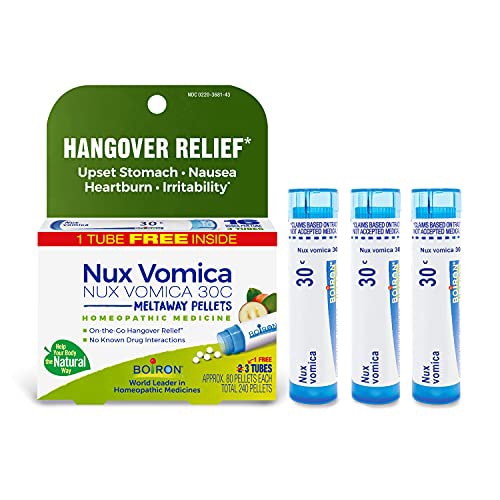Is wine the new wheatgrass? Praised for its ethanol content, alcohol has been touted for reducing heart attacks and the risks of Type 2 diabetes for over three decades. In fact, a clinical study conducted by the National Institutes of Health, albeit problematically funded by alcohol companies, is now underway to determine if a daily glass of alcohol should be recommended as part of healthy diet. Among alcoholic beverages, wine stands out for its many health benefits associated with moderate consumption—good cardiac health, blood pressure regulation, better metabolism, a stronger immune system.
The grapes of toxicity
Wine’s health halo, however, may be pitted with one major concern: Most wines are made from conventionally grown grapes, laden with synthetic chemical fertilizers, pesticides and fungicides. As of 2017, grapes are eighth on the Environmental Working Group’s dirty dozen list of most pesticide laden produce.
Since grapes are the main ingredient in wine, it stands to reason that wine made from conventional grapes may have harmful amounts of agrochemical residues. Organic wine, on the other hand, is made from organic grapes grown by using natural methods, substituting labor intensive practices for heavy spraying. Plus, the processing and preserving of organic wine is done without artificial or synthetic chemical preservatives, colors or taste-makers.
The organic advantage
It used to be that organic wine was a rarity, mainly because of its shorter shelf life and higher cost to produce. But it’s now one of the fastest-growing wine categories. According to beveragedaily.com, the number of organic vineyards globally tripled in the last decade.
However, when it comes to wine, many of us don’t apply the same standards that we do in the grocery store, weighing the pros and cons of organic produce for our health—and for our pocketbook. So how important is it that wine is organic? Here are a few of the key benefits.
Better taste
Advocates say organic wines can better express the flavors of the terroir, the complete natural environment in which a particular wine is produced, including soil, topography and climate. They find the taste of organic wines to be purer, cleaner and lusher.
In 2016, the Journal of Wine Economics published a study called, “Does Organic Wine Taste Better? An Analysis of Experts’ Ratings.” Researchers studied the wine ratings of the most prominent wine magazines, and found that in general organic certified wineries use superior wine practices and produce higher-quality wine.
Milder hangovers
Many people are sensitive to certain compounds in wine, such as tannins, sulfites and histamines, and attribute their hangovers to their presence. According to the FDA, about one in a hundred people have a reaction to sulfites, a common preservative used in wine to stop the fermentation process. Wine produced from organic grapes contains about half the sulfites that conventional wines contain.
Less toxic
Pesticides, fungicides and other agrochemicals have a subtle but profound effect on our bodies, adding to our cumulative body burden of environmental exposures. From the skincare products we use to the food and drinks we consume, we are ingesting toxins that can disrupt our hormones and contribute to a number of diseases. Organic wine, especially if we drink wine on a regular basis, can significantly reduce our overall chemical load.
Environment-friendly
Organic vineyards and wineries use less harmful chemicals and have a greatly reduced carbon footprint. Organic production methods do not pollute the air, water and soil the same way that more aggressive, conventional agricultural practices do. In general, organic wine takes a less toxic toll on everything connected to its creation—perhaps the environment most of all.




